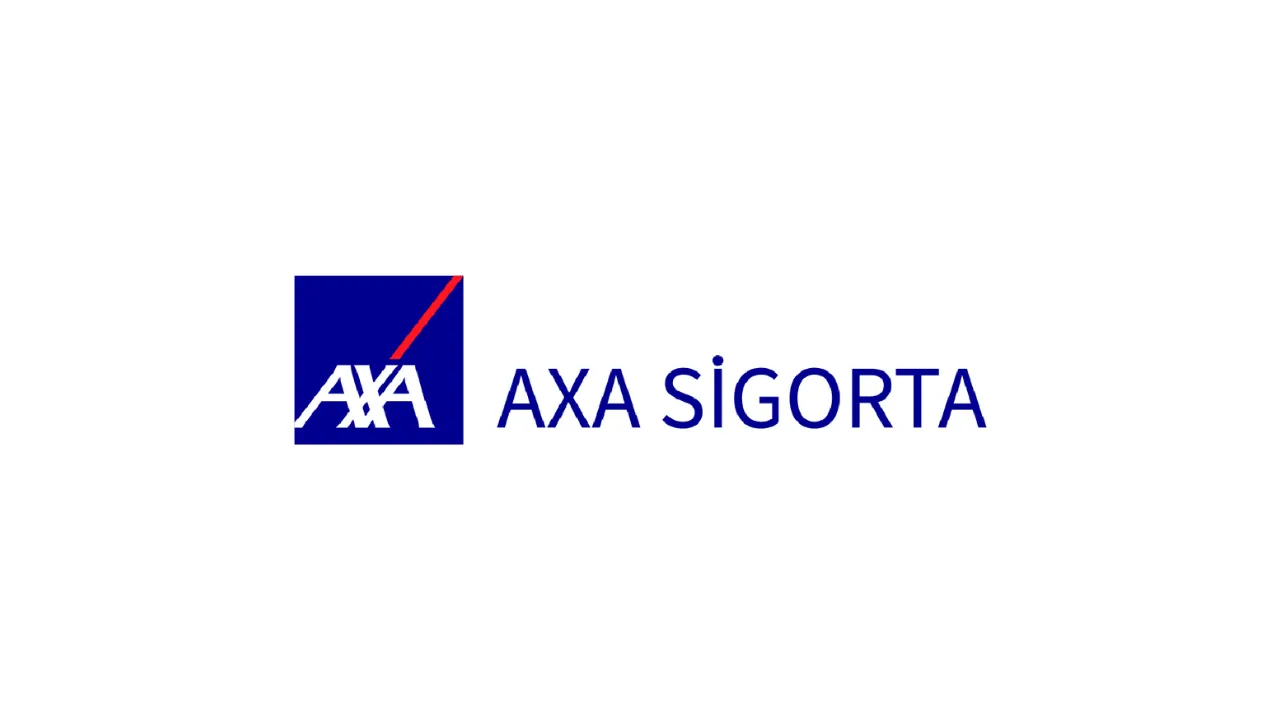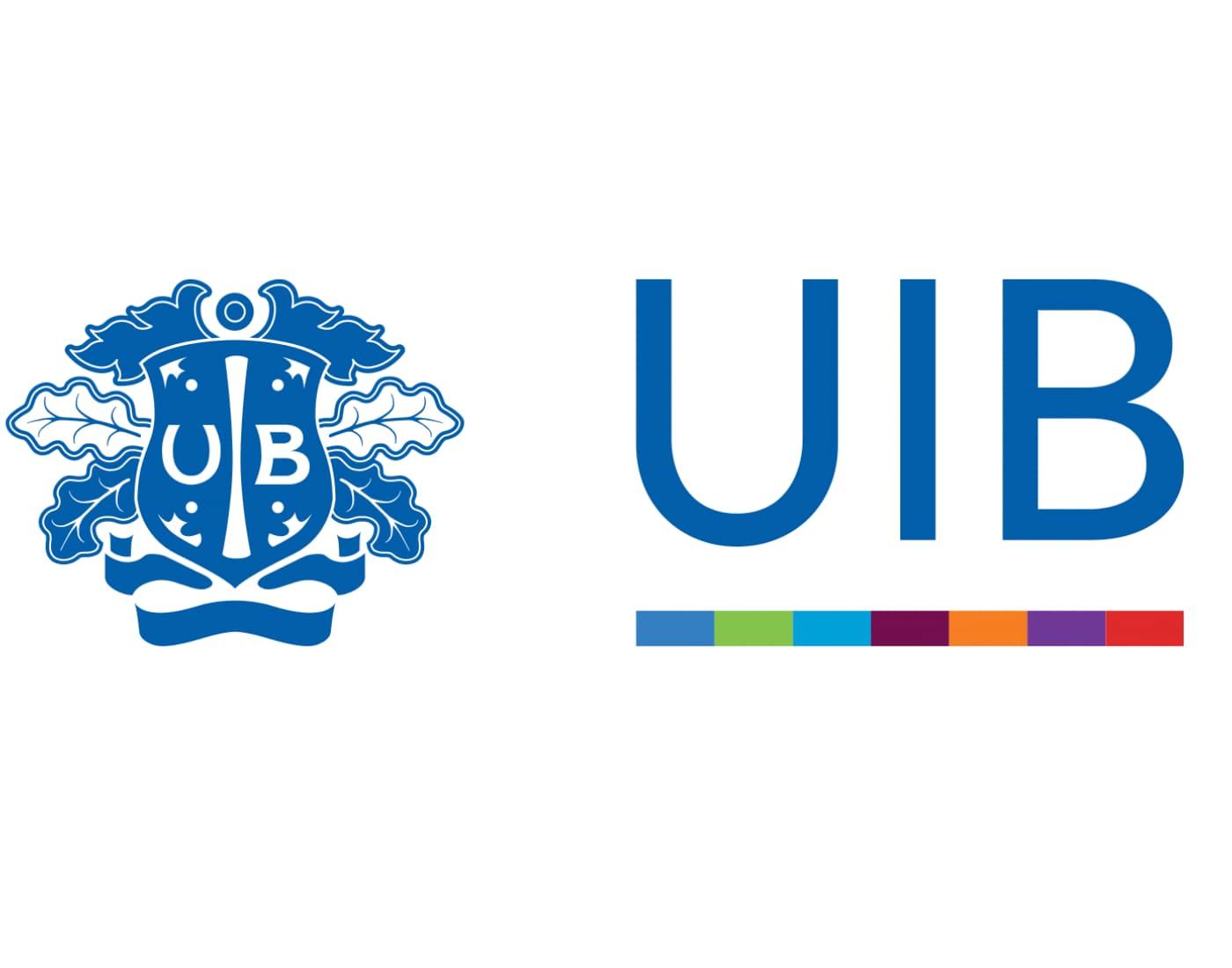

When faced with the daunting reality that your insurance doesn’t cover essential medication, it can feel like you’ve hit a dead-end. However, hope is not lost. There are numerous alternative payment assistance programs available that can bridge the gap, ensuring you receive the medication you need without breaking the bank.

Many pharmaceutical companies offer assistance programs for patients who cannot afford their medications. These programs, often referred to as Patient Assistance Programs (PAPs), can provide medications at reduced costs or even for free, depending on eligibility criteria. It’s worth investigating whether the manufacturer of your medication offers such a program.

How to Apply: The application process for PAPs typically involves a few straightforward steps. You’ll need to provide proof of income, insurance details, and a prescription from your healthcare provider. Some programs may require your doctor to apply on your behalf, so be sure to consult with them about your eligibility and application process.
Non-profit organizations can be a lifeline for those struggling to afford their medications. These organizations often have a mission to support specific patient groups, diseases, or communities, and they may offer financial assistance, educational resources, or advocacy support.

Finding the Right Organization: Identifying the right non-profit can make all the difference. Consider reaching out to disease-specific organizations, such as the American Cancer Society or the National Multiple Sclerosis Society, which may have programs tailored to your needs. Additionally, organizations like NeedyMeds and the Patient Advocate Foundation offer comprehensive resources to help you navigate assistance options.
Sometimes, the quickest solution lies in pharmacy discount cards and savings programs. These cards can significantly reduce the out-of-pocket cost of medications and are often available to anyone, regardless of insurance status.
Understanding Your Options: Pharmacy discount cards, such as GoodRx or SingleCare, are widely recognized and can be used at most major pharmacies. Savings programs offered by specific pharmacy chains, like CVS or Walgreens, might also offer additional discounts or even free membership to their savings clubs. It’s advisable to compare the savings from different cards and programs to maximize your benefits.
Discovering that your insurance won’t cover a necessary medication can be disheartening. However, there’s no need to concede defeat. By engaging proactively with your insurance provider and healthcare professionals, you might uncover opportunities to alleviate your financial burden and secure the medications you require.
Before initiating any discussions, it’s crucial to understand your insurance policy thoroughly. Familiarize yourself with the terms and conditions, focusing on the specific clauses related to medication coverage. This knowledge will empower you during negotiations and enable you to present a well-informed case.
Key Steps in Policy Review:
Your healthcare provider can be a powerful advocate in securing medication coverage. Physicians and pharmacists often have extensive experience navigating insurance hurdles and can provide valuable support in making your case to the insurance company.
Strategies for Collaboration:
Request a Letter of Medical Necessity: Ask your doctor to write a detailed letter explaining why the medication is necessary for your treatment. This document can be pivotal during negotiations with your insurer.
Explore Therapeutic Alternatives: In some cases, your healthcare provider might suggest alternative medications that have similar effects but are covered by your insurance. Discuss these options thoroughly to ensure they meet your medical needs.
Utilize Professional Influence: Encourage your healthcare provider to contact the insurance company directly. Their professional authority may carry significant weight in persuading the insurer to reconsider their decision.
The journey to securing medication coverage can be fraught with challenges, but by negotiating strategically with both your insurance provider and healthcare professionals, you stand a better chance of overcoming these obstacles. Remember, persistence and informed dialogue are your best allies in this endeavor.
When faced with the unsettling news that your insurance won’t cover a prescribed medication, it’s natural to feel overwhelmed. However, there’s often a silver lining in the form of generic or alternative medications. By exploring these options, you can not only potentially reduce costs but also ensure that your treatment plan remains effective and accessible.
Generic medications can be a game-changer for many patients, offering the same therapeutic benefits as their brand-name counterparts but at a fraction of the cost. These medications are required by the FDA to have the same active ingredients, strength, dosage form, and route of administration as the original drug, making them a viable alternative for many treatments.
Why Consider Generics? The primary advantage of generic medications is cost-effectiveness. They are typically priced lower because manufacturers do not have to invest in costly research and development, marketing, or brand-building activities. This reduction in expenses translates to significant savings for consumers.
Steps to Transition to Generics:
If a generic version is unavailable, therapeutic alternatives might be the next best option. These alternatives are different medications that treat the same condition but have different active ingredients. Your healthcare provider can guide you through this process to find the best match for your needs.
Comparing Alternatives: When considering therapeutic alternatives, it’s crucial to understand their efficacy and potential side effects. Here are some factors to consider:
By taking a proactive approach and considering all available options, you can navigate the often complex landscape of medication coverage. Exploring generics and therapeutic alternatives not only provides financial relief but also empowers you to make informed decisions about your healthcare.























Sigortahaber.com, sigorta sektöründeki en güncel haberleri, analizleri ve gelişmeleri tarafsız bir bakış açısıyla sunan bağımsız bir haber platformudur. Sigorta profesyonellerine, acentelere ve sektöre ilgi duyan herkese doğru, hızlı ve güvenilir bilgi sağlamayı amaçlıyoruz. Sigortacılıktaki yenilikleri, mevzuat değişikliklerini ve sektör trendlerini yakından takip ederek, okuyucularımıza kapsamlı bir bilgi kaynağı sunuyoruz.
Yorum Yap